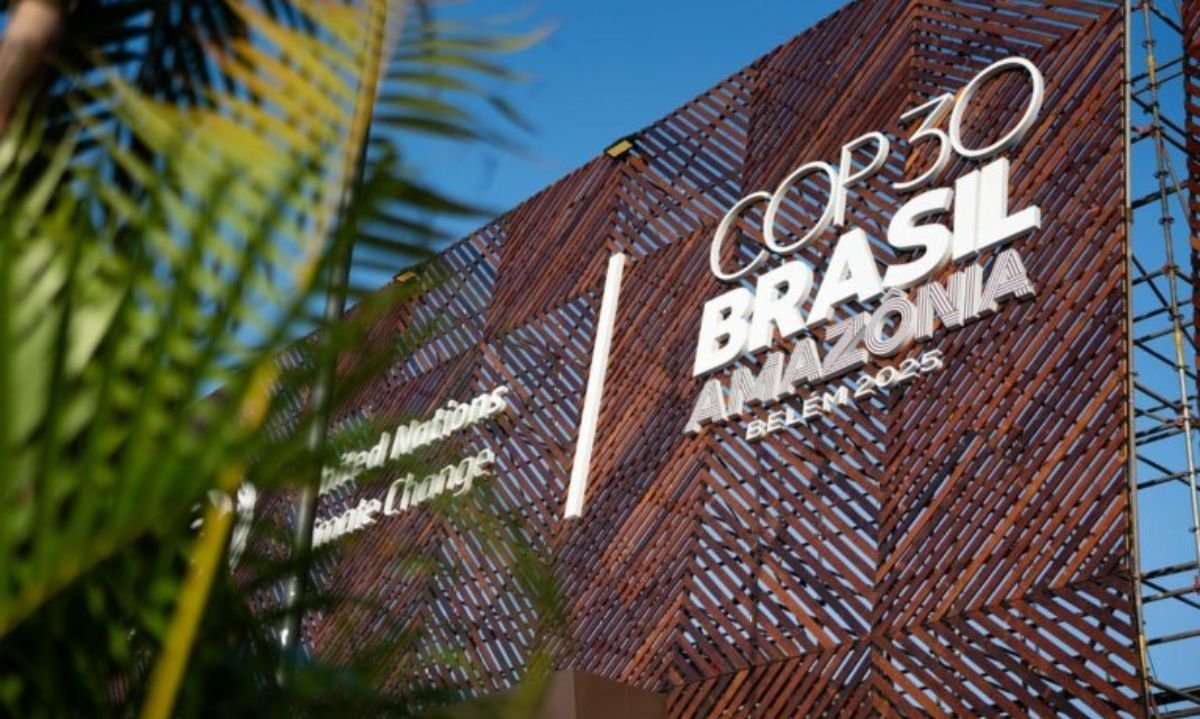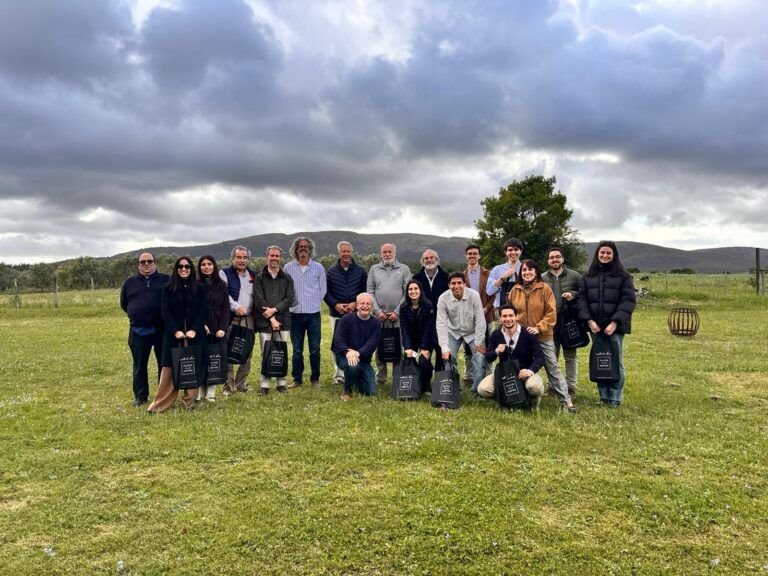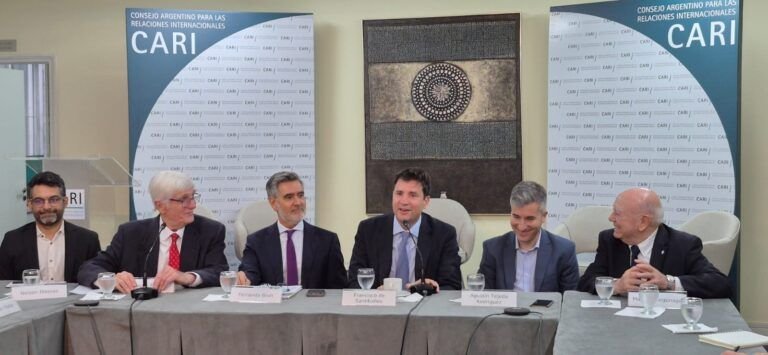During the 30th Conference of the Parties to the United Nations Framework Convention on Climate Change, held in Belém, Brazil, from November 6 to 21, 2025, the role the region can play in implementing climate action was discussed. In this context, GPS specialists Marcelo Regúnaga, General Coordinator, and Martín Fraguío, a member of the network, propose a perspective that positions agriculture in the Southern Cone and climate finance as two strategic pillars for advancing real solutions to climate change.
Agriculture in the Southern Cone as a key sector
According to Marcelo Regúnaga, the agricultural sector in the Southern Cone is one of the best-positioned within the economy to contribute to climate change mitigation. The combination of technological advancements, improved production practices, and the capacity to generate emissions-efficient systems places agriculture in a leading role. Regúnaga maintains that the region possesses natural and productive conditions that allow it not only to reduce its impacts but also to actively contribute to carbon sequestration and the sustainable supply of food on a global scale.
Financing as an enabling condition
Martín Fraguío, an expert in climate finance, emphasizes that financing is a central element for these opportunities to materialize. Without resources allocated to the development of low-impact technologies, infrastructure, and practices, the transition will be limited. In this regard, he stresses that having efficient and predictable regulatory frameworks is fundamental to attracting investment and building trust among private actors.
NDCs and carbon markets: tools with potential
Fraguío also points out that Nationally Determined Contributions (NDCs) have the potential to become concrete instruments for attracting investment, provided they are aligned with clear domestic policies and initiatives from the productive sector. Added to this is the emerging role of carbon markets, which represent a way to channel resources toward climate projects, especially those linked to agriculture. These mechanisms allow for the recognition and economic valuation of practices that reduce emissions or increase carbon sequestration, incentivizing their adoption.
Taken together, Regúnaga and Fraguío's visions coincide on one point: the Southern Cone faces a strategic opportunity. With natural resources, productive capacity, and an expanding climate agenda, the region can position itself as a key player in the global transition toward more sustainable models.



